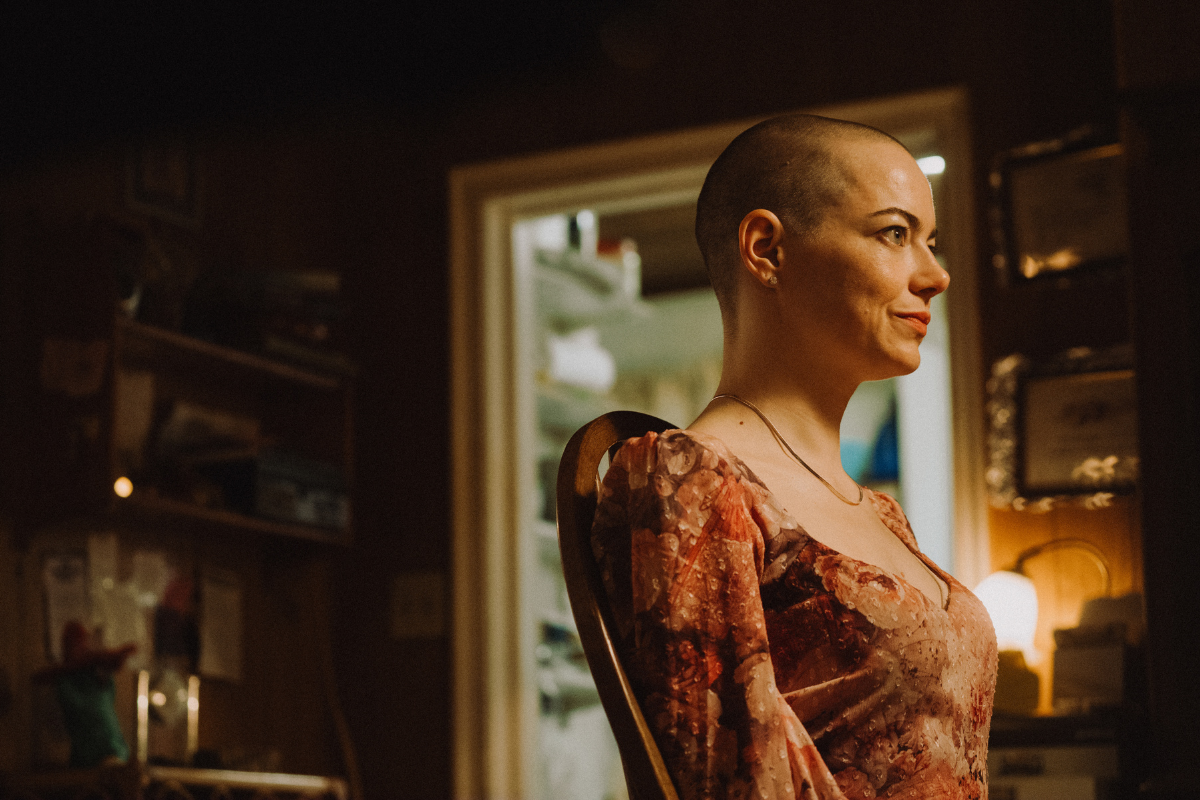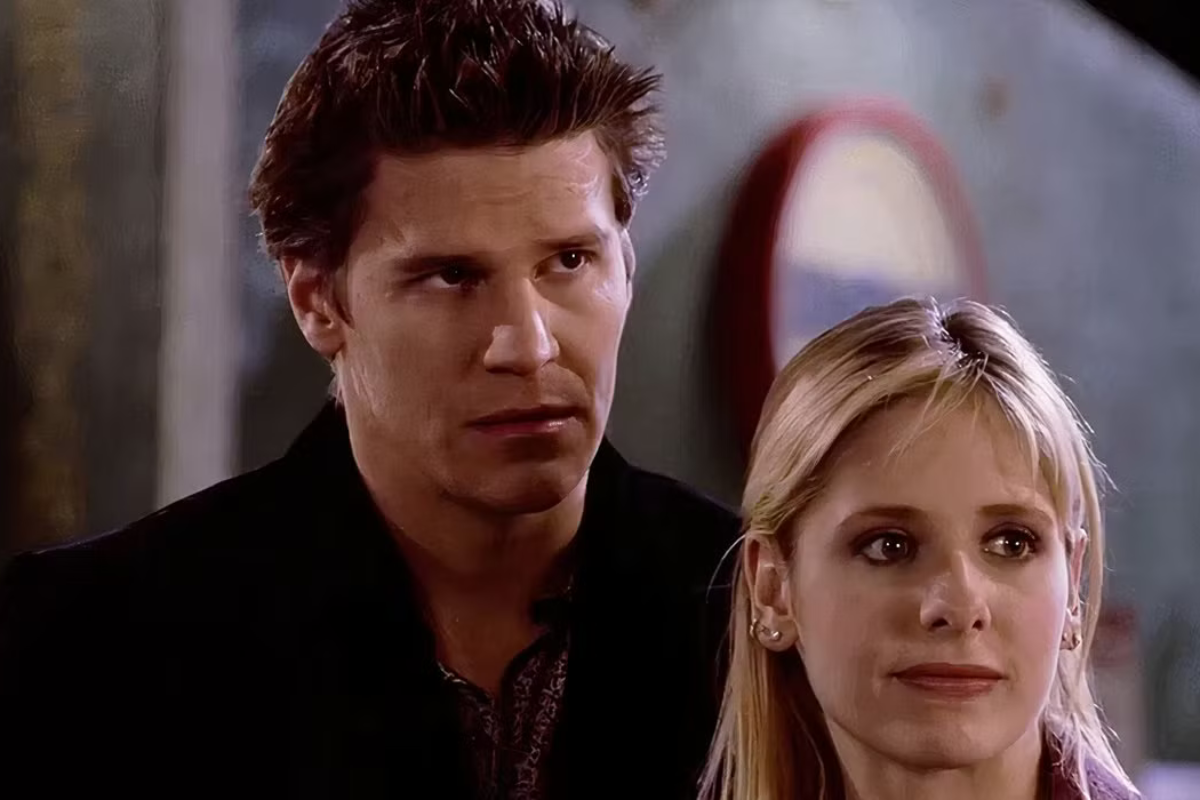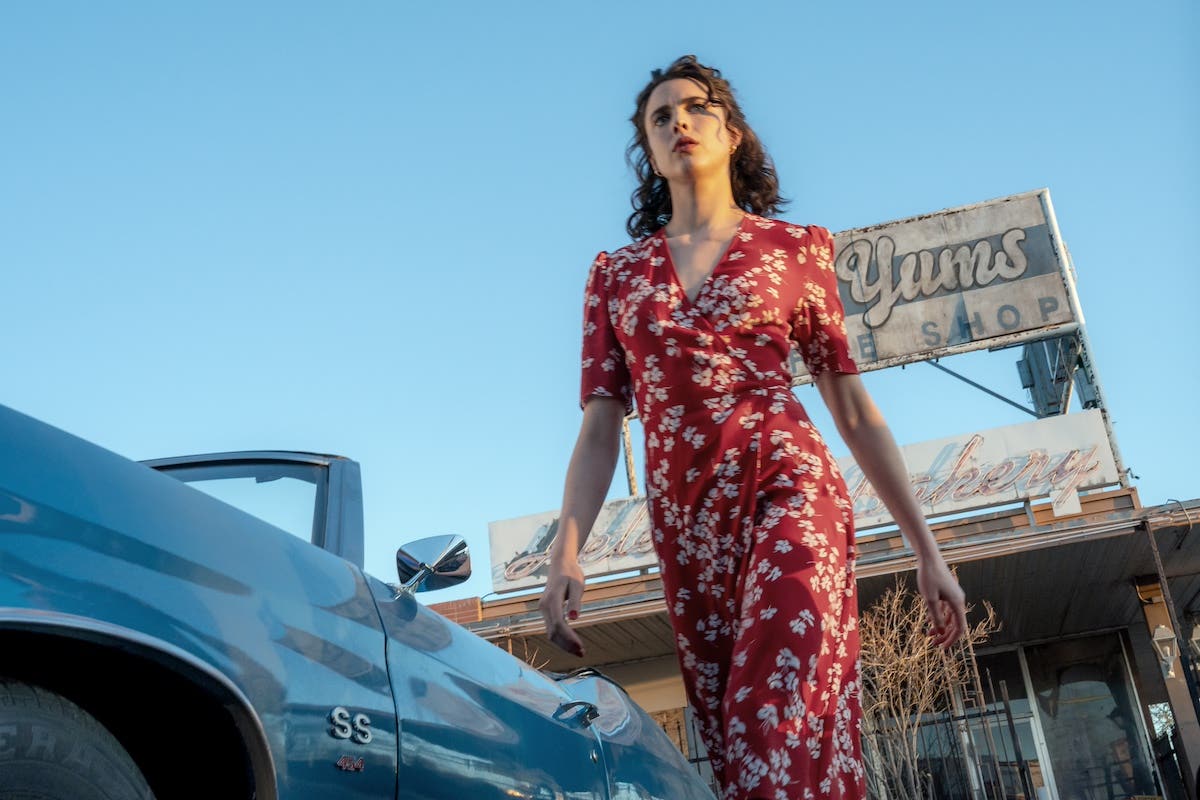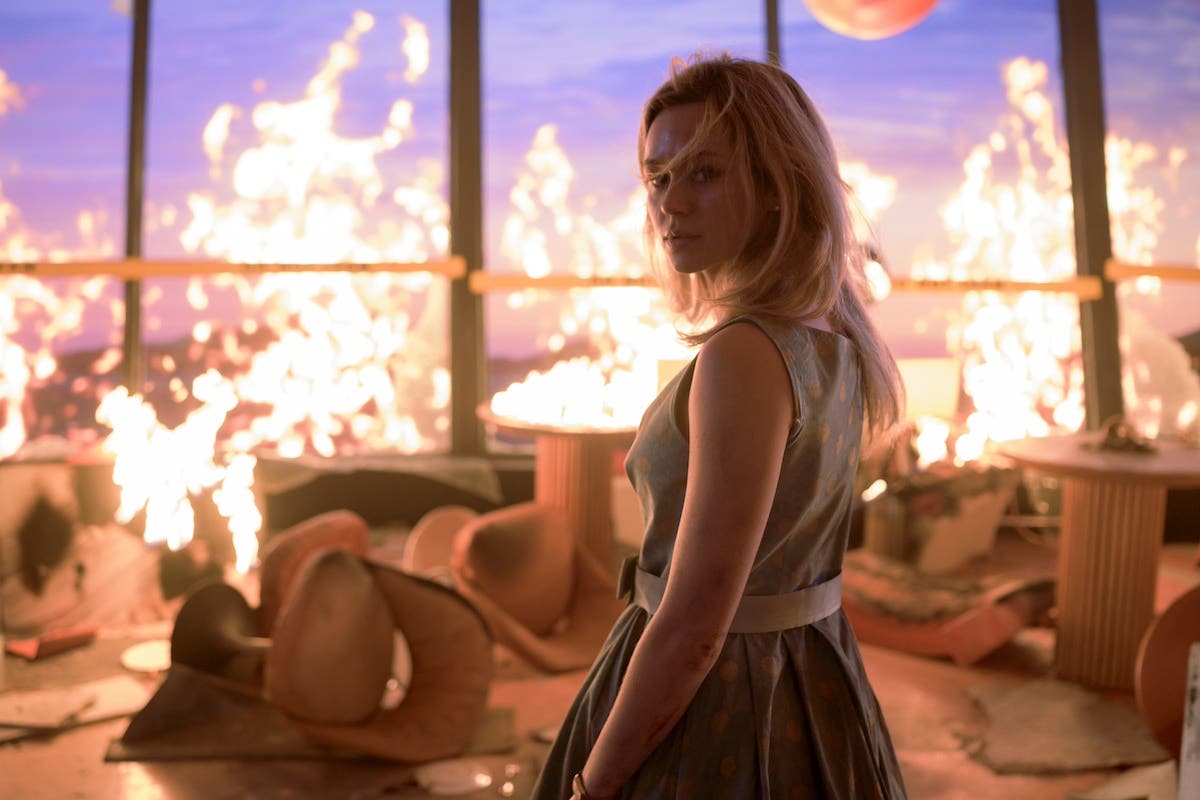Don’t Be Boring: Pros on Earning Readers’ Attention in a TikTok World
Valerie Kalfrin shares tips from screenwriter Henry G. M. Jones and producer Tim Albaugh about keeping and earning readers’ attention at the 20th annual Sunscreen Film Festival.
For screenwriter Henry G. M. Jones, all screenwriting advice boils down to one thing: “Don’t be boring.”
That might sound subjective, like saying, “I know it when I see it.” But when Jones cut to the chase with those three little words recently while speaking alongside former UCLA screenwriting instructor turned producer Tim Albaugh, Albaugh couldn’t help but chuckle, then agree.
“I’ve read everything and then some,” said Albaugh of Royal Viking Entertainment (2024’s The Wasp, 2020’s Worth). “You want to force the eye to go down the page, not just across.”
Competition for attention is high, both for an audience and executives, who might have 15 scripts to read in a weekend, with 14 of those involving projects already in production, these professionals said.
To increase your chances, they shared their thoughts on hooking readers from page one at the 20th annual Sunscreen Film Festival in St. Petersburg, Florida. It’s all about creativity, craft—and yes, knowing how to engage an audience.
“We live in a TikTok world”
Our attention spans are longer than they think, thanks to the nuances of how we use technology, researchers say. Nevertheless, the preference toward digital media impacts viewing habits and expectations, especially among millennials and Gen Z.
“Audiences today are really impatient,” said Albaugh, comparing the John Hughes-directed comedies of his youth (Sixteen Candles, Pretty in Pink) with streaming series like The Sex Lives of College Girls, where scenes seem to last no longer than a minute. “We live in a TikTok world.”
While not every project lends itself to such a fast pace, writers still need to get into something compelling right away, so the audience wants to know more.
For Albaugh, that means by page 15, establishing the main character, their situation, their problem, and what they’ll do about it.
“I like to say the beginning of the movie is the promise of the end,” he said. For instance, Jaws—which turns 50 this year—starts with a shark attack, and the shark dies at the end.
School of Rock (2003), one of Albaugh’s favorites, defines its lead character—Jack Black’s rocker turned substitute teacher—through action. At the start of the film, he jumps into a mosh pit where no one catches him, causing an audience to wince with curiosity—and teasing a satisfying payoff.
“The only reason you should show a character getting out of their car and walking to work is if the car then explodes,” Albaugh said.
“Pull people up to the campfire”
Beyond plot and pacing, use those early pages to set the tone, added Jones (Arcane, Jupiter’s Legacy, Black Summer), who also wrote and narrated the audiobook 2021 Light at the End.
“You’re writing a drama? You’d better be dramatic. A comedy? Be funny,” he said. “Pull people up to the campfire. Tell them a story.”
Craft taut, vivid descriptions. Sure, there are always exceptions (such as 2015’s Room), but aim not to describe a setting at length. Three lines per paragraph is a solid framework to ensure each word matters.
Take these moments as opportunities to showcase your voice. “I can tell in one line the kind of wordsmith someone is,” Jones said, noting that good prose makes him overlook pet peeves such as camera directions and adverbs.
He also relishes words and actions that surprise. “Every working writer I know is asking, ‘How do I not repeat myself? How do I not repeat everybody else?’”
If you know what’s coming in a story, a reader will too. Brainstorm about how to turn a scene differently, but not just for the sake of being different. Visualize your characters opening doors to possibilities.
“Earn the read”
Remember: People are always reading, and the pile never disappears, Albaugh said. It might take four or five months for someone to read your script. “You have to be patient,” he said. “You have to earn the read.”
Keep an eye on what’s selling. Low-budget, high-concept horror stories with few locations (such as 2024’s Heretic) are evergreen, as are romantic comedies, but nostalgia also hits the sweet spot in turbulent times.
That said, the script that nets you representation might be something that’ll never be made. One of Albaugh’s favorite scripts is one of the most ambitious he’s ever read.
“Write the movie only you can write,” he said. “There are the scripts you write to sell and the scripts you write to get noticed. … If you really love to tell stories, there are a lot of ways to tell stories now.”
Valerie Kalfrin is an award-winning crime journalist turned essayist, film critic, screenwriter, script reader, and emerging script consultant. She writes for RogerEbert.com, In Their Own League, The Hollywood Reporter, The Script Lab, The Guardian, Film Racket, Bright Wall/Dark Room, ScreenCraft, and other outlets. A moderator of the Tampa-area writing group Screenwriters of Tomorrow, she’s available for story consultation, writing assignments, sensitivity reads, coverage, and collaboration. Find her at valeriekalfrin.com or on Twitter @valeriekalfrin.







